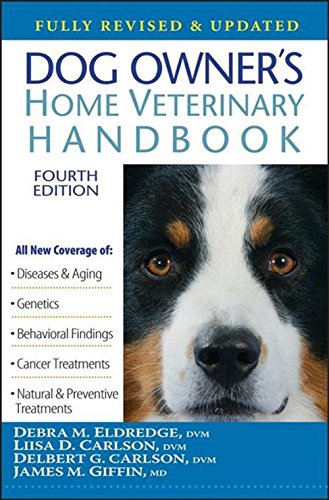In previous chapters I discussed Washington state's "Dog Bite Statute" as well as this state's common law regarding the dog owner's civil liability for injuries and damages inflicted by the dog upon another person. These laws give dog bite victims the legal right to recover monetary compensation from the dog owner (usually paid by the owner's insurance company). However, Washington state has laws in place that may also subject the dog owner to criminal responsibility. Unlike civil liability, which only obligates a person to pay monetary damages to another, the conviction of a crime will subject the dog owner to possible jail time or monetary fines, or both.
In Washington, the owner of a known "dangerous dog" or a "potentially dangerous dog" that aggressively attacks and causes severe injury or death of any human being shall be guilty of a Class C felony.19 In non-death cases, the injury must be severe enough to cause broken bones or disfiguring lacerations requiring multiple sutures or cosmetic surgery. The conviction of a Class C felony may result in punishment of up to five years in jail, or up to a $5,000 monetary fine, or both.
The term "dangerous dog" refers to one that inflicts severe injury on a human being without provocation, or kills a domestic animal without provocation while off the owner's property, or that has been previously found to be a potentially dangerous dog with the owner's knowledge. So for instance, a dog that has killed another person's pet dog or cat while off the owner's property and then later inflicts severe injury on a person may subject its owner to prosecution for a criminal offense with possible jail time and/or monetary fines.
The owner of a "dangerous dog" can also be convicted of a gross misdemeanor, a criminal charge that is less serious than a felony, and which carries a maximum sentence of up to one year in jail or a $1,000 fine, or both. This can occur if: (1) the "dangerous" dog is not properly registered with the local animal control authority, (2) the owner fails to obtain an adequate surety bond or insurance for the animal, or (3) the dog is not kept in the proper enclosure or is outside the enclosure and outside the owner's residence without proper physical restraint. If any of these circumstances occur (in addition to a possible criminal conviction), the dog shall be immediately confiscated by the animal control authority.

 Curly Tailed Dog Breeds
Dog Breeds With Curly Tails
One of the most distinct featu
Curly Tailed Dog Breeds
Dog Breeds With Curly Tails
One of the most distinct featu
 Some Popular Breeds of Dog in the United States
&nbs
Some Popular Breeds of Dog in the United States
&nbs
 25 Heroic Dogs and How They Saved People
25 Heroic Dogs and How They Saved People
People hav
25 Heroic Dogs and How They Saved People
25 Heroic Dogs and How They Saved People
People hav
 The Five Most Common Dog Diseases including Ringworm and Mange
Bone Problems in a Dog
Credit: Wikime
The Five Most Common Dog Diseases including Ringworm and Mange
Bone Problems in a Dog
Credit: Wikime
 How To Treat Ticks On Dogs
About TicksKnowing about tic
How To Treat Ticks On Dogs
About TicksKnowing about tic